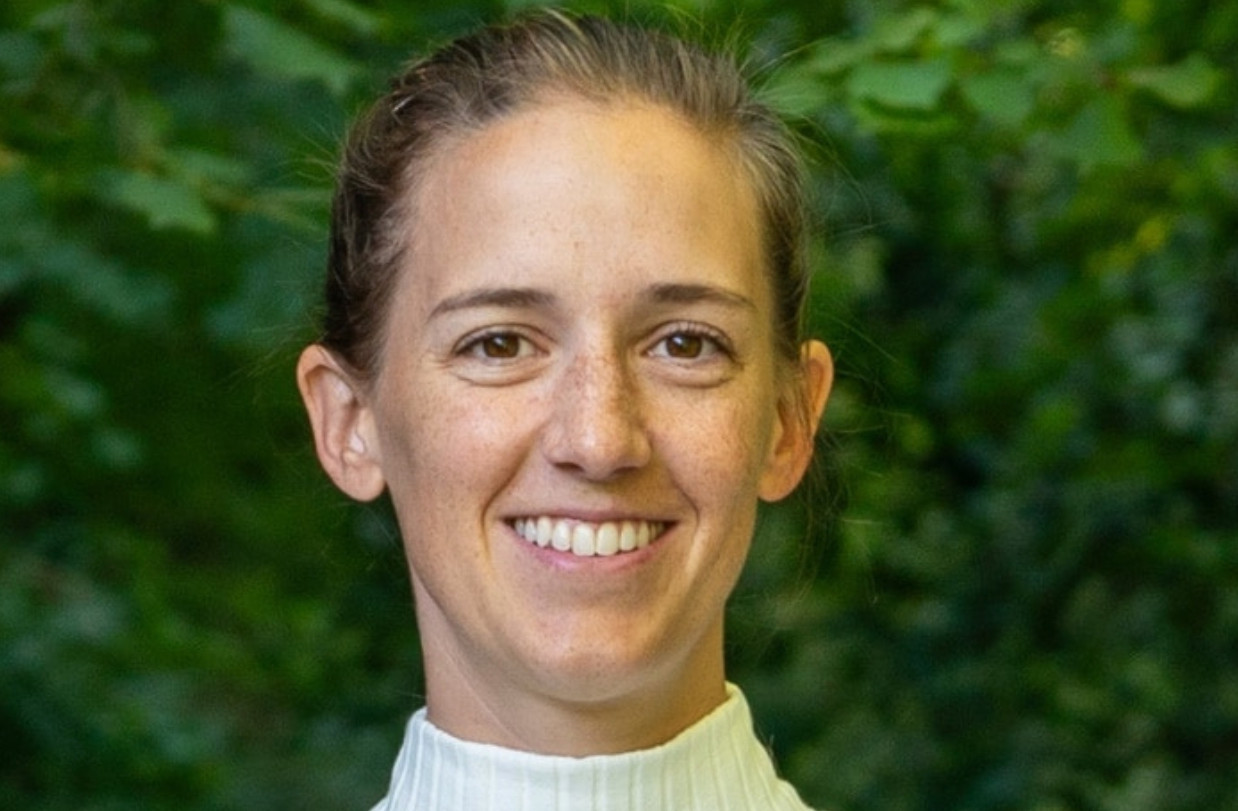Our society is in the midst of a collective transition--both in terms of what we know and how we plan to tackle our greatest challenges. Solutions to the mental health crisis, a more proactive and participatory approach to environmental education, and a paradigm shift in urban development are three levers that experts see as essential to this transition.
A growing body of research shows that there is an easy-to-implement and relatively affordable tool to help us through this transition. Nature-based interventions have been the subject of many recent studies and have proven to be a powerful and still underused method for improving the health and wellbeing of individuals, communities, systems and organisations.
Here’s what the research has revealed.
Nature and mental health
In October last year, a study into the health behaviour of almost 8,000 young Luxembourgers aged between 11 and 18 revealed an increase in problematic use of social networks, a drop in life satisfaction and an increase in feelings of loneliness, particularly among girls. These trends are significant indicators of a growing mental health crisis among young people--the study concluded that 18% of boys and 34% of girls in Luxembourg aged 17 to 18 are at risk of depression.
These figures are similar to those for adults: almost 20% of the Luxembourg population suffered from a mental health disorder in 2019. At around 3% of Luxembourg’s GDP (€1.6bn), the economic costs associated with mental health are considerable--and largely avoidable.
Cortisol--the main stress hormone--decreases in natural environments such as forests, according to several studies. Contact with nature has also been shown to restore attention and relieve mental fatigue. The result, for all age groups, is a reduction in the “dopamine overload” associated with overuse of screens, and an increase in serotonin, the mood-stabilising hormone.
This knowledge can be used to design interventions to treat mental disorders, but also to prevent them. Prevention, in particular, is at the heart of the concerns of researchers and practitioners who wish to move patients--and the healthcare system as a whole--from a model focused on mental illness to one focused on mental wellbeing. There are also economic incentives for this paradigm shift. According to a report by the Z Zurich Foundation, every euro invested in a mental health prevention programme subsequently saves 24.
Contact with nature has proved to be a key tool in mental health prevention. Although it is being used by some pioneering practitioners in Luxembourg, the question remains: how can we ensure that these preventive, nature-based approaches become the norm?
Environmental education
It’s obvious, backed up by scientific studies: the more contact a person has with nature, the more likely they are to adopt behaviours that support and protect it.
For all age groups, the research highlights a persistent “values-action gap” between climate awareness and concrete behaviour. To make the transition to a more sustainable society, it is imperative that this gap is bridged.
The data suggests that our current approach to environmental education will not achieve this. In fact, an abstract approach that limits itself to the technical aspects of the climate crisis, without any real contact with nature, risks widening this gap even further.
Let’s take the example of a study carried out in 2021 among young people around the world aged between 16 and 25--59% of respondents said they were very or extremely worried about climate change, and 45% said it had a negative impact on their daily lives and functioning.
How can we reimagine a future where the eco-anxiety of young people in Luxembourg is channelled into positive action? How can we steer our environmental education towards a proactive discourse that builds resilience in all Luxembourgers, whatever their age?
Nature-based urbanism
According to Luxembourg’s statistics bureau, Statec, the population of the grand duchy will pass the one million mark by 2050. What will it feel like to live in Luxembourg’s urban centres as population density increases? How can we ensure that the fastest-growing population in the EU still has access to green spaces?
Researchers, urban planners and other experts in the field say that densification need not be feared in Luxembourg, because if thought through properly, it can actually improve access to green spaces for everyone. Intelligent and innovative urban design methods--which avoid the urbanisation of agricultural or forest land, while promoting connection to nature--can be implemented at a local level.
Several international benchmarks can guide these efforts, such as the 3-30-300 rule. This rule stipulates that every citizen should see at least three trees from their home, benefit from 30% tree cover in their neighbourhood and live no more than 300 metres from a park or green space.
Initiatives such as micro-forests, targeted biodiversity improvements, community gardens, innovative housing projects that prioritise contact with nature, and improving access to Luxembourg’s green spaces can help us get closer to this goal for everyone.
Advancing concrete solutions to the most complex challenges of our time will require a paradigm shift in the way we think and act on multiple levels. It will require a real commitment to rethinking our systems, as well as collaboration between the private and public sectors--business, policymakers, community groups and citizens themselves.
Whilst nature-based interventions are not a silver bullet, they do offer an effective, evidence-backed toolkit for public health--a potential that is still largely untapped.
*Julie Schadeck is managing director of UNature asbl. UNature is co-organiser of the fourth edition of the (WCFPPH), to be held from 21 to 23 May at Luxexpo The Box. To date, more than 110 scientists from 34 different countries, covering all continents, have already registered.
This article was originally published in .
